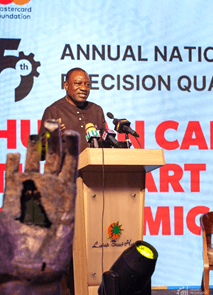
By Ernest Bako WUBONTO
The Minister for Labour, Jobs and Employment, Dr. Abdul-Rashid Pelpuo, has underscored the role of skilled human capital as the primary requirement for sustainable economic growth and not minerals or natural resources.

The minister emphasised that while natural resources are instrumental for national development, the fulcrum which cannot be overemphasised is the human resources; as such, there is a need to invest in human capital to unlock its full potential.
He urged corporate organisations to commit in continuous development of its human resources’ skillset, mindset and experience for increased productivity and optimum performance.
Dr. Pelpuo, who was delivering the keynote address at the fifth National Precision Quality (PQ) Conference held in Accra, underscored the need for a national strategy that aligns education and skills training with evolving demands of the job market.
“We must reset the mindset of the working Ghanaian and those preparing to enter the workforce; transforming our technical and vocational training systems into modern, responsive institutions is no longer optional, it is a necessity,” he said.
The conference, themed ‘Human Capital at the Heart of Ghana’s Economic Growth‘, brought together government leaders, educators, industry players and researchers to chart a path toward building a globally competitive workforce.
Dr. Pelpuo stressed that the rise of automation, artificial intelligence (AI) and digital transformation requires a generation of adaptable, innovative workers, especially in the Technical, Vocational Education and Training (TVET) and Mastercraft sector.
The minister praised DTI for leading by example in standardisation of the technical space. “DTI is showing us the kind of human capital Ghana needs. Their model doesn’t just prepare young people for employment; it empowers them to create jobs and be economically independent,” Dr. Pelpuo said.
Founder and CEO-DTI Constance Swaniker urged government to make bold, long-term investments in its people or risk being left behind.
“In 2019, we asked what it would take to build a workforce that is globally competitive and grounded in African values. Today, we have the answer. It takes deliberate investment, consistent policy and a collective commitment that goes beyond partisanship,” she said.
Swaniker outlined how in just five years DTI has trained over 30,000 young Ghanaians through its PQ model, helped over 48,000 transitions into industry roles and achieved a 70 percent employability rate.
More significantly, 60 percent of DTI’s students today are women, challenging stereotypes and shifting perceptions in the traditionally male-dominated technical space.
DTI’s impact is now enshrined in national policy, with PQ integrated into the Ghana Standards Authority Act (1078) and recognised as part of the National Quality Policy.
The institute also holds international accreditations from the American Welding Society and Pearson BTEC, affirming its global relevance.
Sharing findings from Ghana’s first-ever Human Capital Baseline Study, conducted in partnership with the National Development Planning Commission (NDPC), she revealed stark gaps that show fewer than 30 percent of graduates find work aligned with their training; meanwhile, over 80 percent of the workforce remains in the informal sector, contributing just 30 percent to GDP.
“The data is clear. We are not maximising the potential of our youth and the cost of inaction is far too high,” she warned.
She also pointed to historical comparisons with Singapore, noting that both countries had similar economic prospects at independence.
“The difference wasn’t natural resources; it was investment in people. Singapore chose to build its human capital and that made all the difference. Ghana must do the same,” she posited.
Meanwhile, Dr. Audrey Smock Amoah, Acting Director-General of the NDPC, echoed the urgency in transforming Ghana’s human capital, which is critical for the future of work. She said Ghana must equip our people not just to participate in the economy but to lead it.
Sessions at the conference featured insights from experts including Dr. Ebo Duncan, Prof. Alex Dodoo and Prof. William Baah-Boateng, who delved deeper into implications of the baseline study for education and labour policy.
The post Human capital pivotal to economic transformation – Labour Minister appeared first on The Business & Financial Times.
Read Full Story



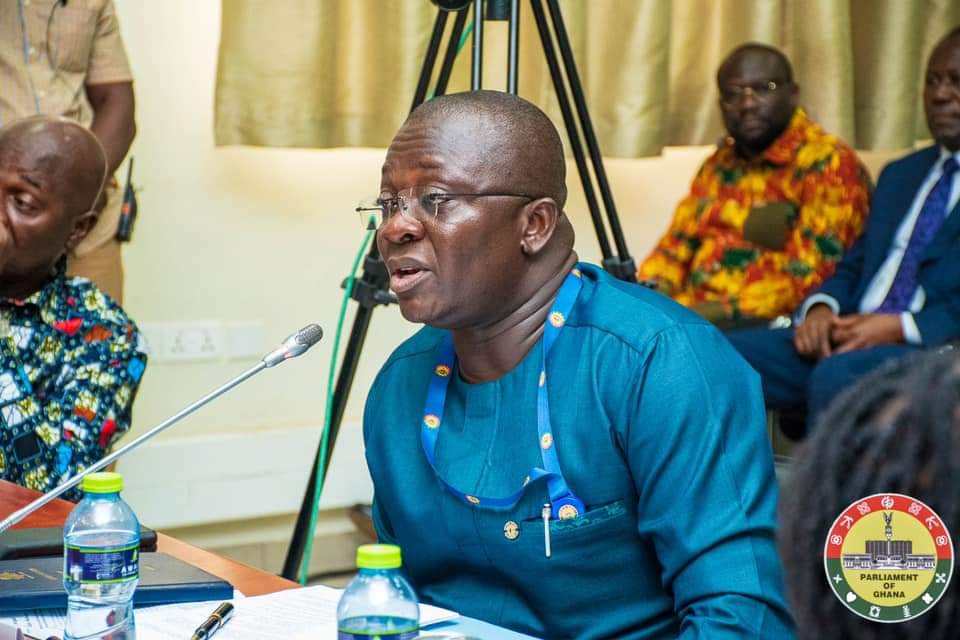



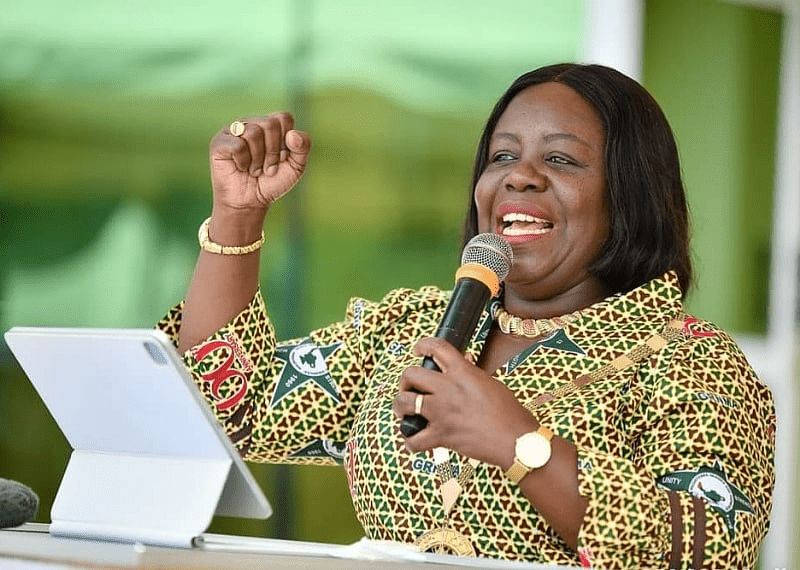




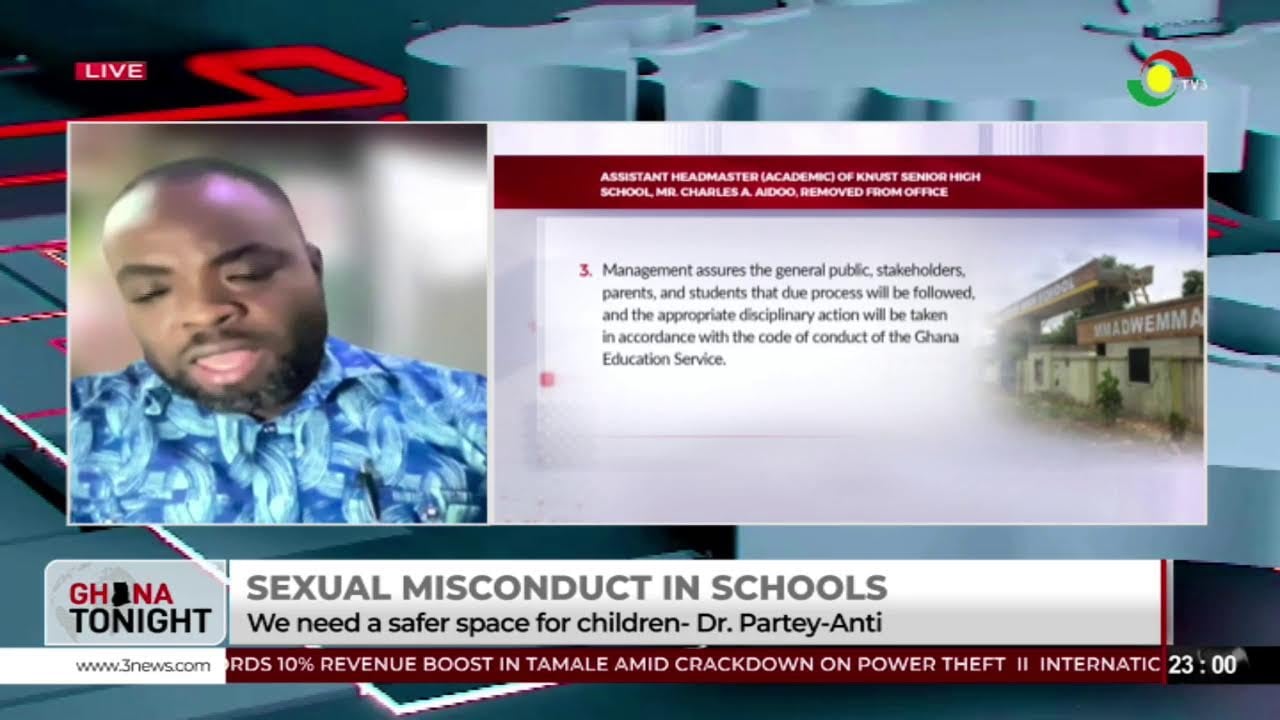


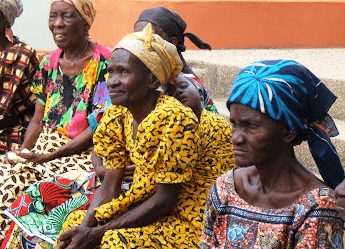



Facebook
Twitter
Pinterest
Instagram
Google+
YouTube
LinkedIn
RSS